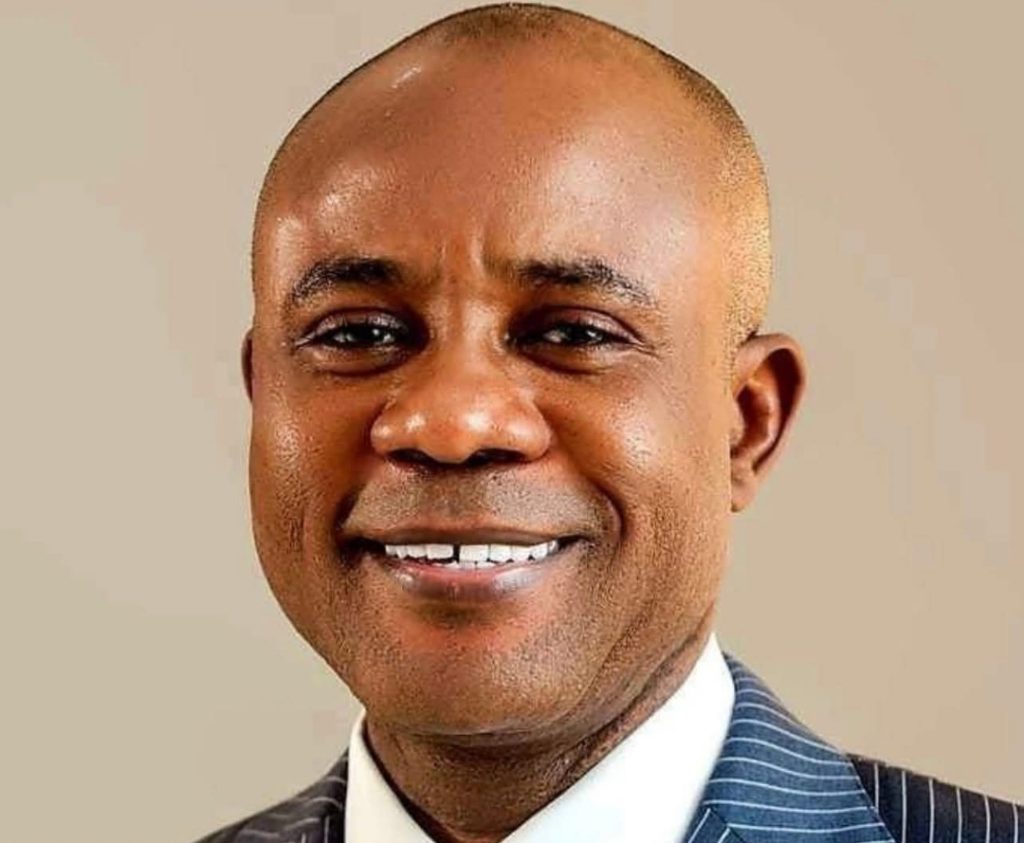Africa
Trump’s deportation policy: Nigerian lawyer explains impact on immigrants in the US
DDM News

Deportation remains a major concern under President Donald Trump’s administration, affecting many immigrants, including Nigerians in the United States.
Diaspora digital media (DDM) reviled that Temitayo Tijani, a Nigerian immigration lawyer based in the US, sheds light on the policy’s implications for the Nigerian community.
Tijani, the Lead Attorney at RT Law Services, discusses his journey from Nigeria to the United States and his legal career.
He graduated from Obafemi Awolowo University, Ile-Ife, in 2008 and later attended the Nigerian Law School in Kano.
Before relocating, he worked in financial institutions and law firms in Nigeria, gaining experience in different legal and corporate fields.
In 2014, he moved to the US, where he furthered his legal studies and qualified as a lawyer.
He now practices immigration, commercial disputes, estate planning, and family law, assisting immigrants facing deportation issues.
Tijani’s decision to move to the US was influenced by a meeting with Akin Dawodu, a senior executive at CitiBank.
Dawodu encouraged him to seek further opportunities, leading him to pursue legal training in the United States.
His studies in the US were funded by a scholarship, which provided exposure to diverse cultures and global legal perspectives.
As an immigration lawyer, Tijani highlights various situations that can make immigrants illegal and subject to deportation.
Many immigrants become illegal due to visa expiration, failure to renew status, or choosing to stay beyond their permitted period.
Some arrive on tourist visas but decide to remain illegally due to better living conditions in the US.
Others enter as students but refuse to return home after completing their studies due to economic hardships in their countries.
Failure to regularize their status often leads to deportation, as US immigration laws require lawful residency for all non-citizens.
Tijani explains that ignorance and misinformation contribute to immigrants’ failure to legalize their stay in the US.
Many believe legal processes are expensive or complicated, preventing them from seeking proper documentation to avoid deportation.
However, he insists that affordable legal resources exist, including free legal aid for those who qualify.
Top universities and organizations provide free immigration clinics, offering legal guidance to immigrants at risk of deportation.
Despite these resources, some individuals fall prey to fraudulent immigration consultants who mislead them into illegal pathways.
Unlawful immigration often results from poor legal advice, making deportation inevitable for those who fail to follow proper channels.
Tijani addresses concerns about Trump’s deportation policy, stating that deportation is not unique to Trump’s administration.
Past administrations, including Joe Biden’s, enforced deportation, but Trump’s rhetoric makes his approach more noticeable.
Trump’s policy aims to remove unlawful immigrants, especially those with criminal records, from the US.
The administration insists that immigrants must legalize their stay through the appropriate channels to avoid deportation.
Tijani emphasizes that Nigerians are generally law-abiding and do not top the list of illegal immigrants facing deportation.
Unlike some nationalities, most Nigerians in the US work hard, follow the law, and contribute positively to society.
Nigerians prioritize education, career advancement, and supporting families back home rather than engaging in illegal activities.
Trump’s deportation agenda, according to Tijani, targets individuals abusing the system, not law-abiding immigrants.
The US government aims to prevent unlawful residents from benefiting from resources meant for legal immigrants and citizens.
Tijani notes that some illegal immigrants attempt to evade deportation by moving to neighboring countries like Canada or Mexico.
However, such moves are often temporary solutions, as long-term residency issues must still be resolved legally.
The best approach, he advises, is to seek legal guidance to regularize one’s immigration status.
There are multiple legal pathways, including family sponsorship and exceptional talent visas, to avoid deportation.
Trump’s administration has admitted more immigrants than Barack Obama’s, proving that legal migration remains an option.
Trump’s policy does not oppose immigration but insists on proper documentation to prevent deportation.
Ultimately, Tijani encourages immigrants to follow the law, seek proper legal channels, and avoid deportation risks.
Kindly share to help someone 🙏
For Diaspora Digital Media Updates click on Whatsapp, or Telegram. For eyewitness accounts/ reports/ articles, write to: citizenreports@diasporadigitalmedia.com. Follow us on X (Fomerly Twitter) or Facebook











